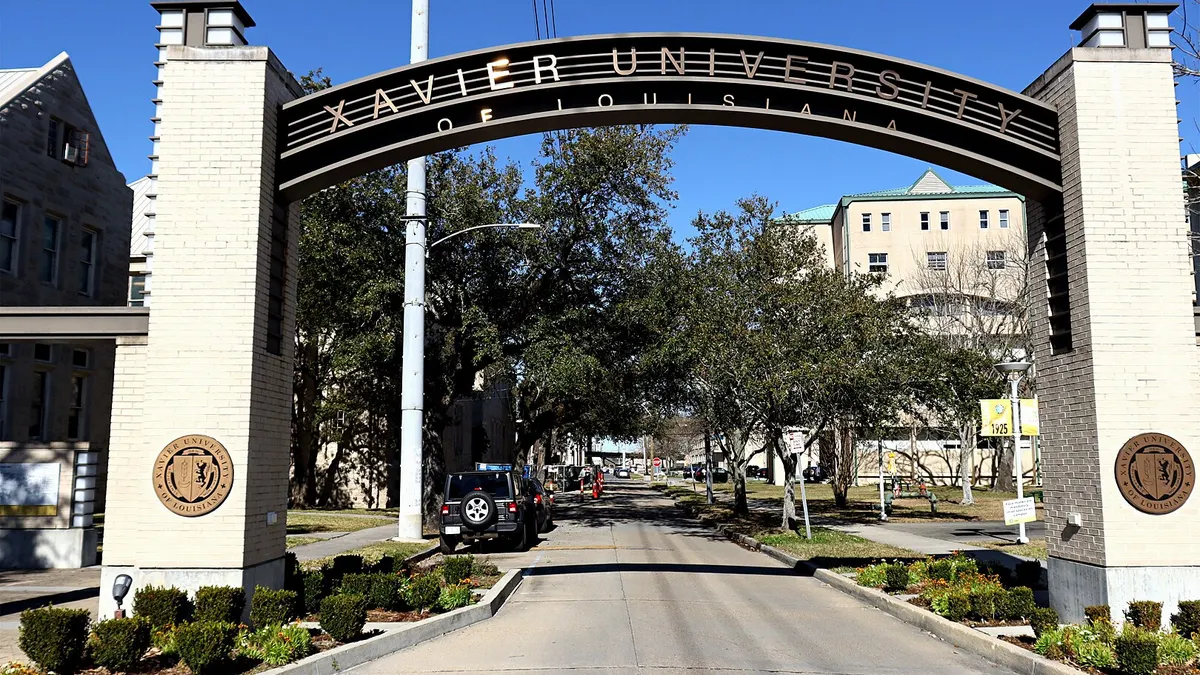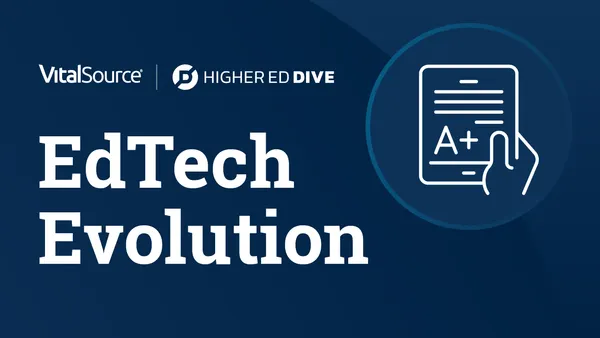Dive Brief:
- Trilogy Education Services is a continuing education program manager with a unique business model that is making gains in nonprofit spaces. The company co-brands with nonprofit colleges and universities coding bootcamps for adults and younger undergraduate students on the institutions' campuses, according to a recent article in Inside Higher Ed.
- Student reviews of Trilogy's partnerships with Rutgers University, the University of California, Berkeley and Georgia Institute of Technology have been largely positive. However, some argue that the company’s partnership with the universities could be misleading to students, who may not understand that coding programs are being delivered through a third party, according to Inside Higher Ed.
- The $10,000 programs, offered in 12- or 24-week intervals, certify students in web development, data visualization and analytics and cybersecurity among other areas of training. The students, who also have access to career development programming and assistance, receive certificates issued by the universities.
Dive Insight:
Two years ago, the federal government announced plans to pilot collaborative workforce training programs between colleges and for-profit companies designed to test how federal aid would support job training and access in tech industries. To many, it was a counter-cultural move for an administration with its legacy partially built on collapsing the for-profit higher ed industry, but also a signal of their value.
A 2016 study revealed that 70% of bootcamp graduates reported holding employment requiring use of the skills learned in the bootcamp, more than 60% had received salary increases as a result of their completion, and African-Americans who completed coding bootcamps were the highest earners and most likely to be employed at a tech company.
So it's no surprise that large research institutions are taking cues from the government pairing with bootcamps in an effort to attract students and revenue. Amazon's Alexa Fund Fellows program created a $100 million fund for institutions including Carnegie Mellon University, Johns Hopkins University and the University of Southern California to create new capabilities for voice recognition technology, and Google's Howard University West program is helping the company to make gains in minority training and access to computer science careers.










